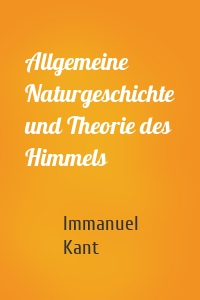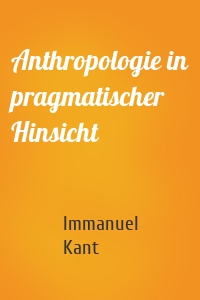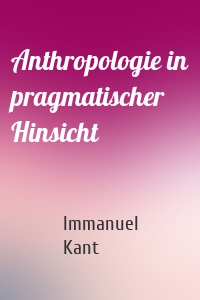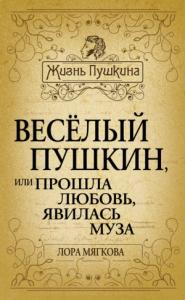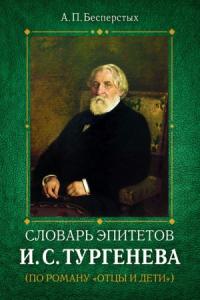
The Critique of Pure Reason (translated by J. M. D. Meiklejohn) скачать fb2
Immanuel Kant - The Critique of Pure Reason (translated by J. M. D. Meiklejohn) краткое содержание
The 18th century German philosopher Immanuel Kant is widely considered as one the most important figures in modern philosophy. His fundamental arguments with regard to the fields of metaphysics, epistemology, ethics, political philosophy, and aesthetics, have been highly influential and form the basis for much of contemporary thought upon the subjects with which he was concerned. Kant believed that there were fundamental concepts that structured human experience, and that reason principally should guide one’s examination of these concepts. Considered one of Kant’s most important works, “The Critique of Pure Reason” is an exposition on humanity’s faculty for reason in general. First published in 1781, this work builds upon the works of Kant’s philosophical predecessors, notably the work of empiricists like John Locke and David Hume and of rationalists like Gottfried Wilhelm Leibniz. Among the principal contributions to philosophy forwarded in this work is the idea that knowledge is both a product of experience, or “a posteriori” and independent of it, or “a priori”. Additionally Kant argues that judgments may be “analytical”, that they are contained within their own premise, or “synthetic”, that they contribute something external to themselves. An enduringly influential work, “The Critique of Pure Reason” remains to this day as one of the most important works of Western philosophy. This edition is follows the translation of J. M. D. Meiklejohn and includes a biographical afterword.
Скачать книгу «The Critique of Pure Reason (translated by J. M. D. Meiklejohn)» Immanuel Kant
Чтобы оставить свою оценку и/или комментарий, Вам нужно войти под своей учетной записью или зарегистрироваться

